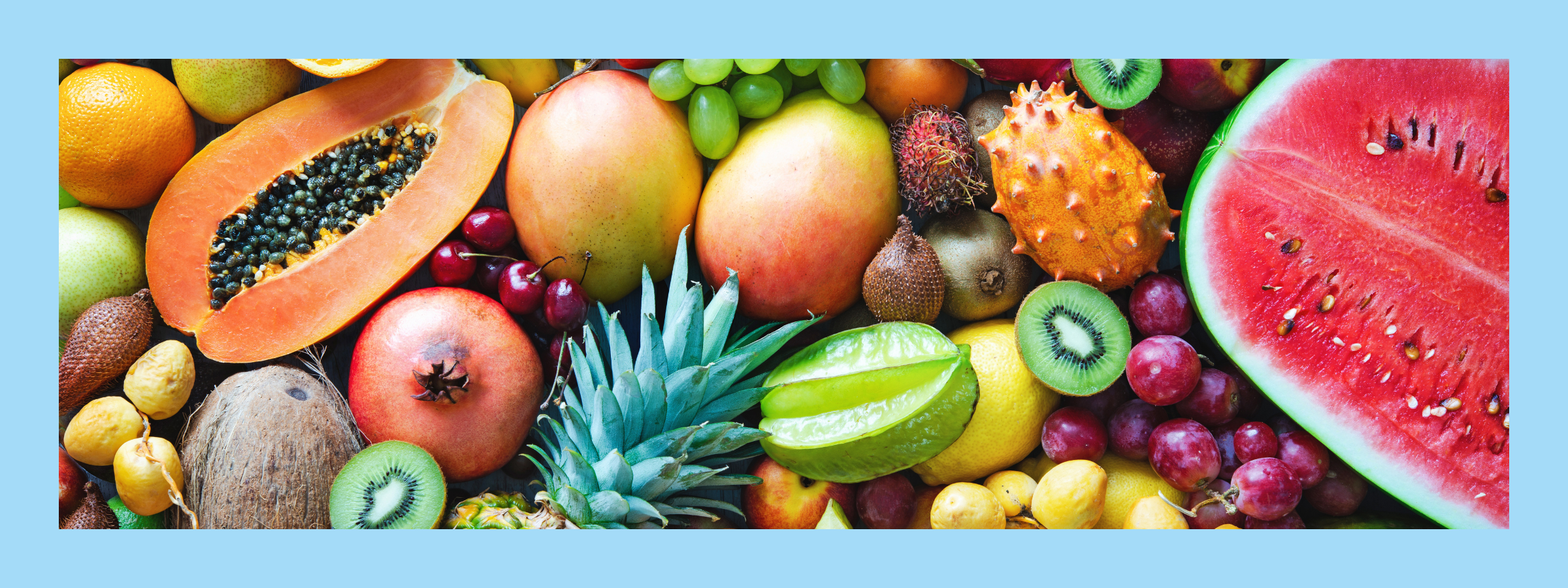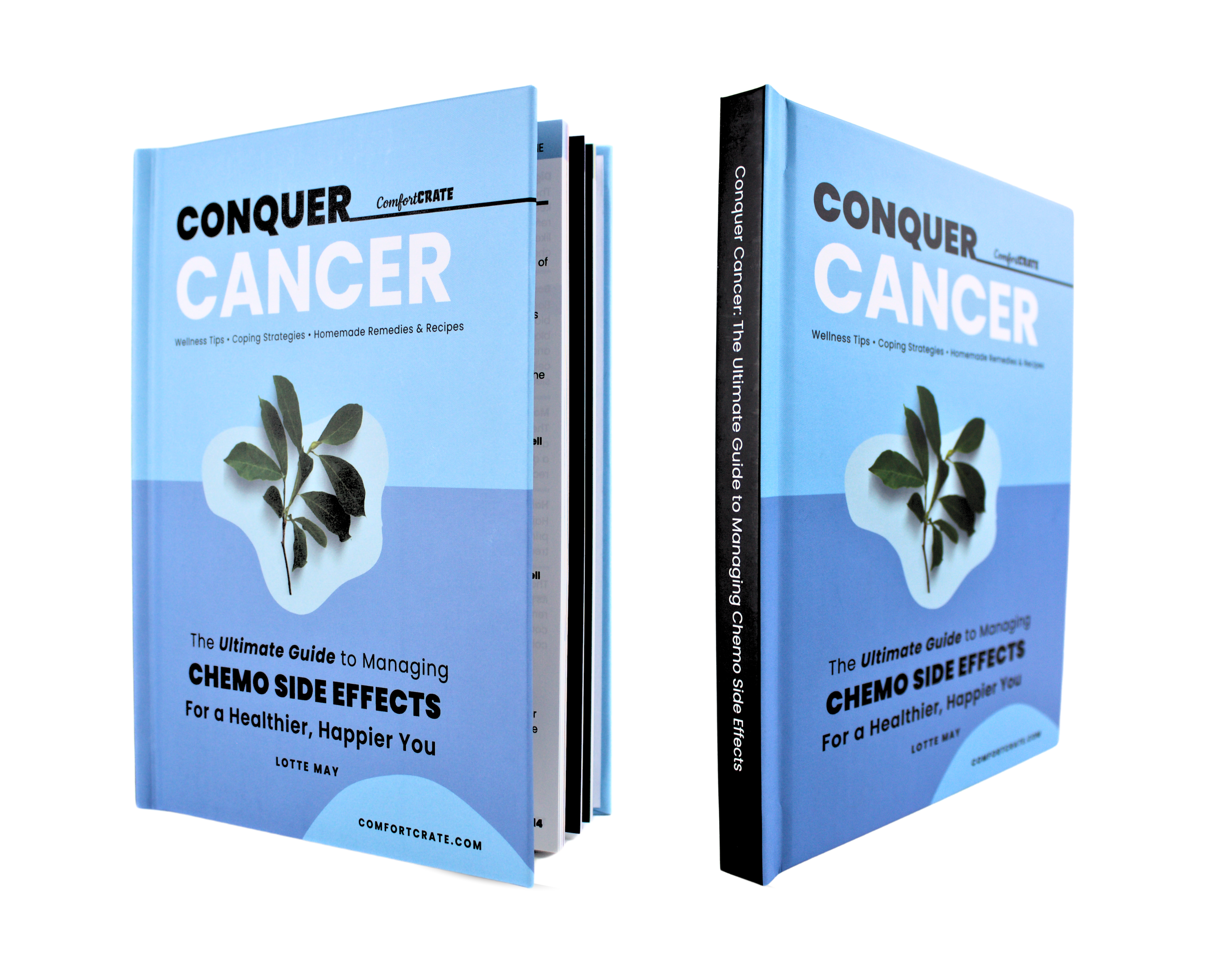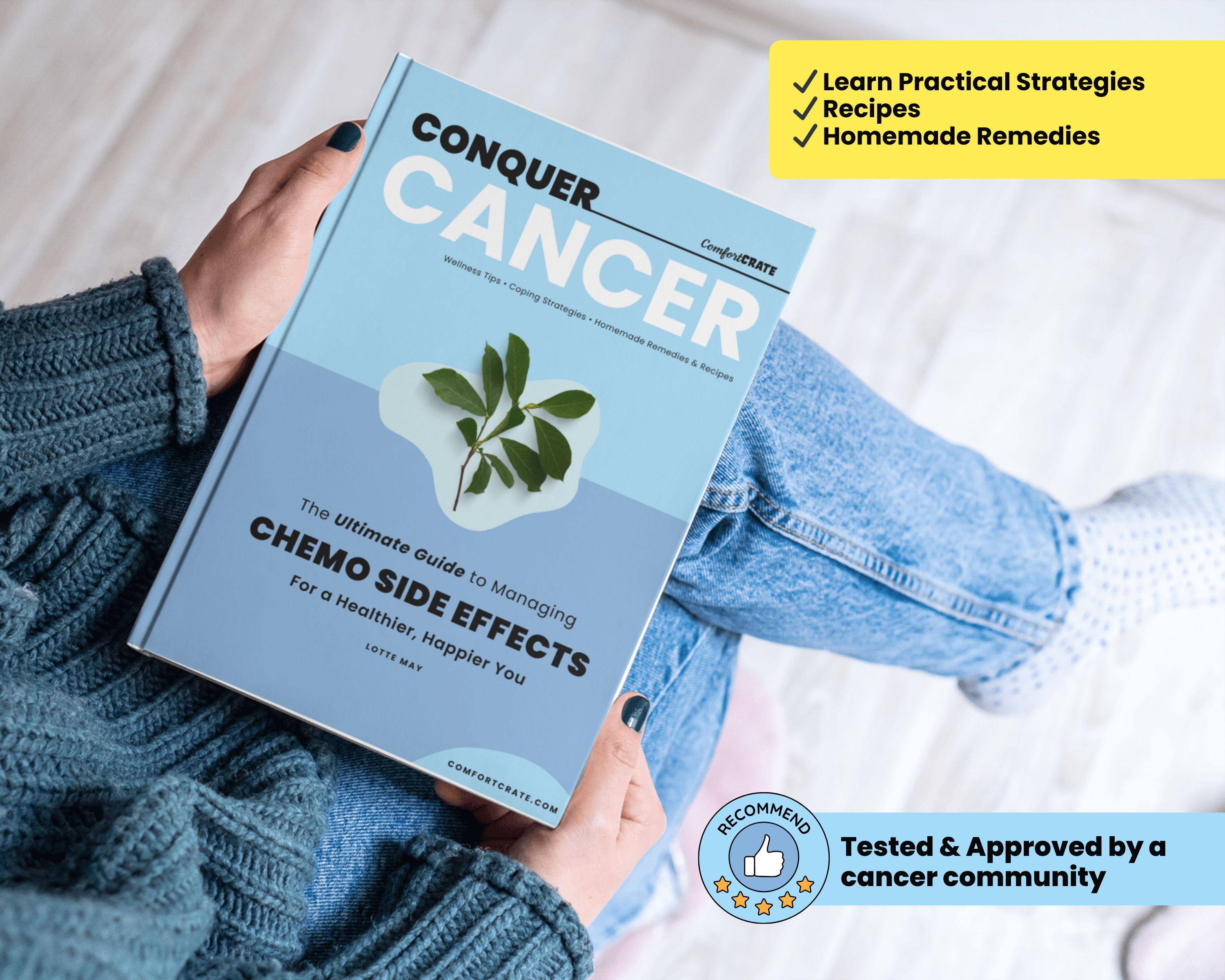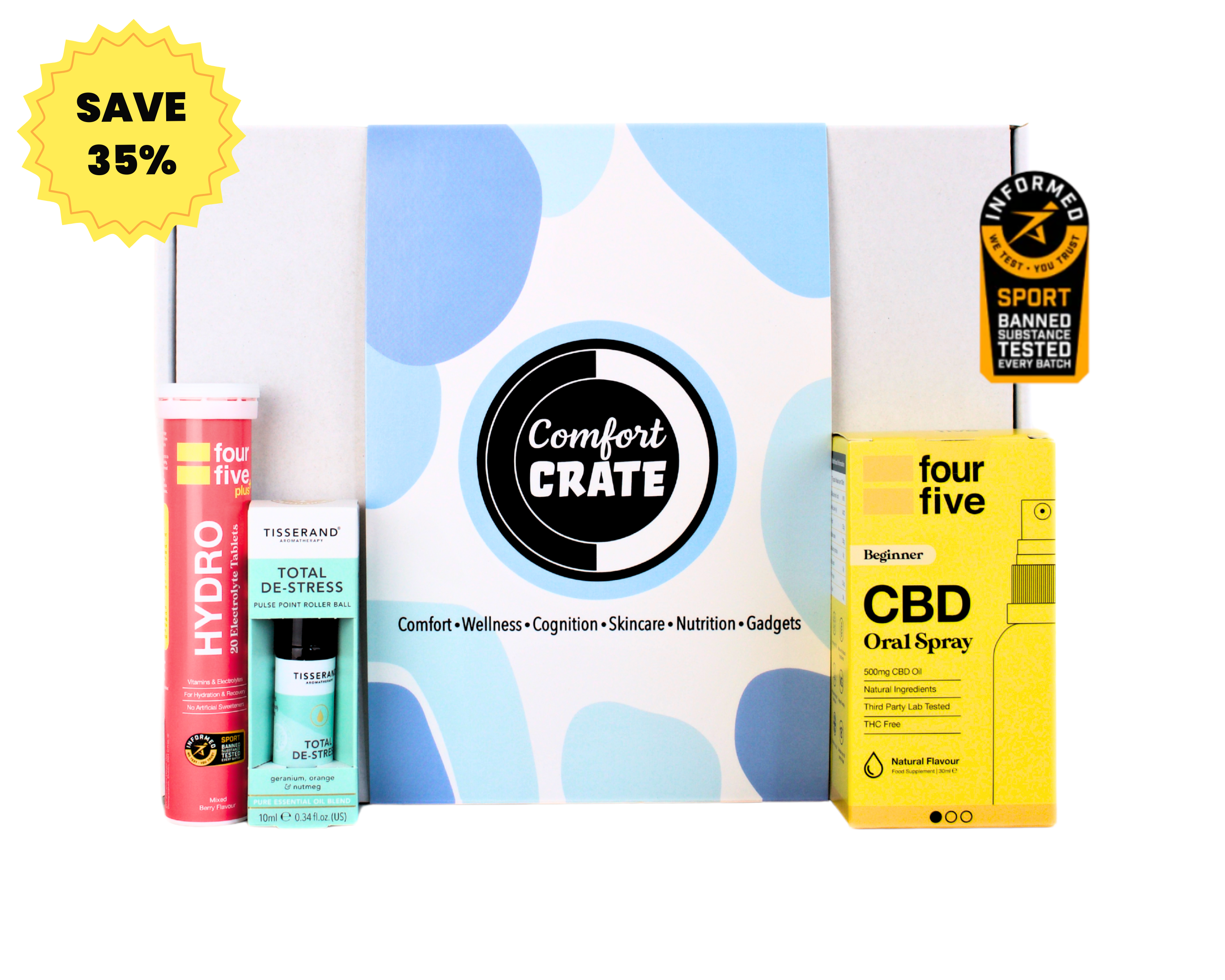
Food safety for cancer treatment: Why do I need to be careful?
What foods should cancer patients avoid? | Food-handling | Meat Safety | Food shopping | Eating out
It's possible for cancer and its treatments, like Chemotherapy, to weaken your immune system. During and after chemotherapy, your body has trouble fighting infections because your bone marrow produces fewer white blood cells. A person's white blood cell level is at its lowest 7 to 14 days after chemotherapy, so they're more susceptible to infection. Doctors call it the Nadir. While the number of white blood cells may vary slightly depending on the drug used, they usually return steadily before the next round of chemo.
What foods should cancer patients avoid?
Following are examples of foods that may contain bad bacteria that could affect your immunity:
- Egg dishes and cream- and mayonnaise-based foods should not be left unrefrigerated for more than an hour.
- Do not eat raw vegetable sprouts.
- Throw away slimy or mouldy fruits and vegetables.
- Throw away eggs with cracked shells.
- Throw out foods that look or smell strange. Never taste them!
- Do not buy produce that already has been cut at the grocery store (like melon or cabbage).
Food-handling during Cancer Treatment
- Wash your hands with warm, soapy water for 20 seconds before and after preparing food and before eating.
- Use defrosted foods right away, and do not refreeze them.
- Keep hot foods hot (warmer than 140°F) and cold foods cold (cooler than 40°F).
- Thaw meat, fish, or poultry in the refrigerator in a dish to catch drips. Do not thaw at room temperature.
- Wash fruits and vegetables well under running water before peeling or cutting.
- Using a clean vegetable scrubber, scrub produce with thick, rough skin or rind (melons, potatoes, bananas, etc.) or any produce that has dirt on it.
- Rinse leaves off leafy vegetables one at a time under running water.
- Rinse packaged salads, slaw mixes, and other prepared produce again under running water, even when marked pre-washed. Using a colander can make this easier.
- Wash tops off canned foods with soap and water before opening.
- Use different utensils for stirring foods and tasting, and do not taste the food (or allow others to taste it) with any utensil that will be put back into the food.
Meat Safety for Cancer Patients
- Cook meat until it’s no longer pink and the juices run clear. Use a food thermometer to ensure meats are cooked to 160°F and poultry to 180°F. Test a thermometer’s accuracy by putting it into boiling water (it should read 212°F).
- Use a clean knife to cut different foods.
- In the fridge, store raw meat sealed and away from ready-to-eat food, and keep foods separated on the countertops. Always use a different cutting board for raw meats.
- Clean counters and cutting boards with hot, soapy water. Disinfecting wipes may be used if they’re made for use around food.
Food shopping: What Every Cancer Patient Needs to Know
- Check “sell-by” and “use-by” dates. Do not buy products that are out of date. Pick only the freshest products!
- Do not use damaged, swollen, rusted, or deeply dented cans. Be sure that packaged and boxed foods are properly sealed.
- Keep away from damaged fruits and vegetables.
- Do not eat deli foods. Avoid unrefrigerated cream- and custard-containing desserts and pastries in the bakery.
- Do not eat foods from self-serve or bulk containers.
- Do not eat yogurt and ice cream products from soft-serve machines.
- Do not eat free food samples or use cracked or unrefrigerated eggs.
- Get your frozen and refrigerated foods just before checkout, especially during the summer months, and refrigerate food right away. Never leave food in a hot car.
- Do not buy produce that already has been cut at the grocery store (like melon or cabbage).
Eating out: How to Stay Safe
- Avoid crowded places or find somewhere with outside seating.
- Ask for single-serving condiment packages, and avoid self-serve bulk condiment containers.
- Do not eat from high-risk food sources, including salad bars, delicatessens, buffets, and sidewalk vendors. Avoid raw fruits and vegetables.
- Ask for pasteurised fruit juices. Avoid “fresh-squeezed” juices.
- Use food-safe disinfection wipes to wipe down cutlery, tables, and drinks.
- For leftovers, ask for a container, and put the food in it yourself rather than having the server take your food to the kitchen to do this.
For more safety tips, visit our safety section.











Leave a comment
This site is protected by hCaptcha and the hCaptcha Privacy Policy and Terms of Service apply.